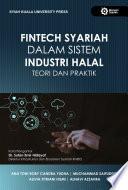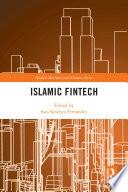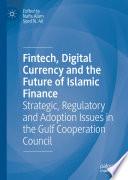
The Promise of Fintech
Financial Inclusion in the Post COVID-19 Era
Technology is changing the landscape of the financial sector, increasing access to financial services in profound ways. These changes have been in motion for several years, affecting nearly all countries in the world. During the COVID-19 pandemic, technology has created new opportunities for digital financial services to accelerate and enhance financial inclusion, amid social distancing and containment measures. At the same time, the risks emerging prior to COVID-19, as digital financial services developed, are becoming even more relevant.
- ISBN 13 : 1513512242
- ISBN 10 : 9781513512242
- Judul : The Promise of Fintech
- Sub Judul : Financial Inclusion in the Post COVID-19 Era
- Pengarang : Ms.Ratna Sahay, Mr.Ulric Eriksson von Allmen, Ms.Amina Lahreche, Purva Khera, Ms.Sumiko Ogawa, Majid Bazarbash, Ms.Kimberly Beaton,
- Kategori : Business & Economics
- Penerbit : International Monetary Fund
- Bahasa : en
- Tahun : 2020
- Halaman : 83
- Google Book : http://books.google.co.id/books?id=UqwYEAAAQBAJ&dq=intitle:fintech&hl=&source=gbs_api
-
Ketersediaan :
Technology is changing the landscape of the financial sector, increasing access to financial services in profound ways.









